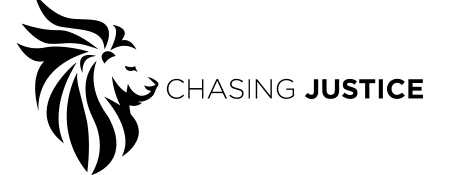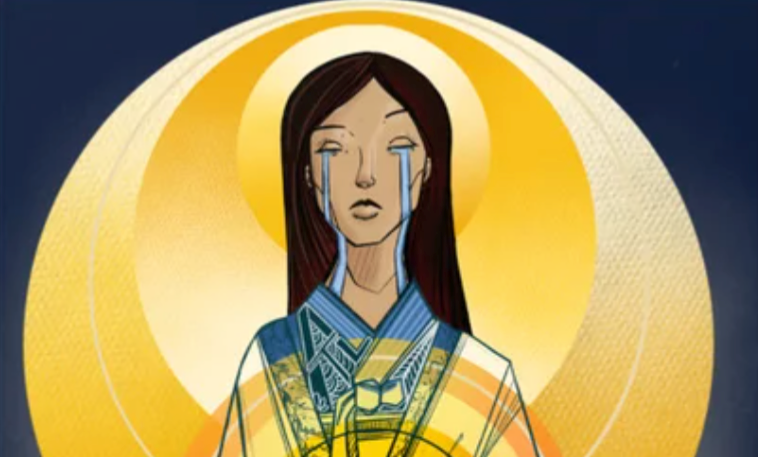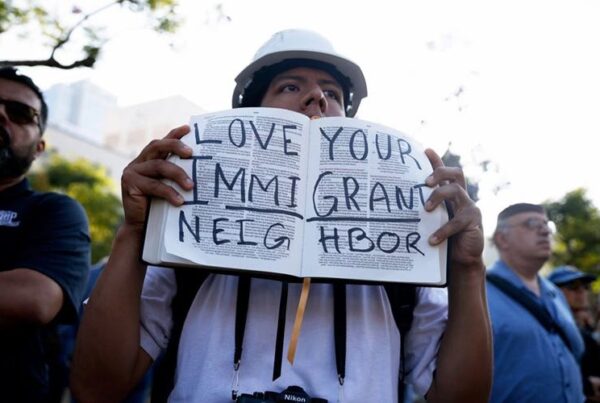Chasing Justice is a movement led by BIPOC leaders. This year has been one community after another being bombarded with the reality of how white supremacy and patriarchy and American exceptionalism impacts socially marginalized groups.
Our AAPI sisters and brothers have been telling us to pay attention to how the COVID rhetoric has been impacting their community for an entire year. We need to confess we did not listen, we need to practice embodied solidarity with one another.
Chasing Justice began with a conversation “I am not a Virus” on March 19th, 2020. Since then, according to @stopaapihate, about 3,800 anti-Asian hate incidents have been reported. We have raised the issues that impact Asian, Native, Black, Latina, and global communities. We have talked about the importance of #collectiveliberation all along the way.
This week we feature the voices and work of our sister and brother who have been leading us towards a better way to live.
————
“Beyond Invisible”
The tears were always there.
You just didn’t recognize my face.
Nor did you see behind the hunched back of the one doing your nails
The steel frame of a mother feeding her family with 14 hour work days.
Instead of seeing in our bodies and our face
The altar of the broken faithful awaiting resurrection
You make them instead into a graveyard for your sins.
But some habits just die hard, huh?
Inconvenient convenience it would be
To behold in a flattened story
The freedom-fighters who battled war, demagogues, oceans, and despair
And tore themselves from everything they knew to be home
The heartache of sacrificing family past to give family future a chance.
Anchors they have served to be as we strive to make this home
But cut into them and you’ve cut loose
Everything that told us to bear it
Everything that said hope was worth it
To swallow tears and keep our heads down.
No more now.
Our dams are broke and now they flood
All around you, all around me.
Do you see beyond just my face now?
Do you see beyond what you didn’t see in my eyes now?
Do you see me
Can you see me
Can you see me now?
————
“American 한 (Han)”
I am Korean American. Historically, cream-white was the robe of mourning worn by Koreans at funerals, and that is what the woman at the top is wearing over my take on a han-bok. There are lamenting faces woven into the collar of her robe. Her arms are outstretched around her mother, who bears the traditional hairstyle of Korean queens in days past. (“Ma Ma” ironically means your majesty in Korean.) The 할머니 (grandmother) wears the gold-red robes that were only reserved for kings, a rightful honoring of her womanhood and protest against the invalidation, misogyny, and oppression so many Korean and Asian women by their own brothers and fathers. My wife and I grew up with Asian women pastors and leaders. We honor you. The grandmother has her arms outstretched around her granddaughter, who holds a cup full of the tears that flow down her mother’s face, down her 할머니’s face, and cascades out as they are poured onto the ground. There are no tears on the little one’s face which looks up with hope, but the tears are an offering of prayer, pain, and love, the love of mothers who sacrifice for the sake of their future families. It is a plea and prayer for help, of women of faith who have kept the family knit together in their persevering and too-often suffering love.
————
Poem: “Beyond Invisible” @sarahshinauthor
Image: “American 한 (Han)” by @shinhappens
Purchase this print to support @stopaapihate @aachristcollab
Sarah Shin is a speaker, trainer, and the author of Beyond Colorblind by @ivpress. Shin has been and full time artist, and husband to Sarah.









